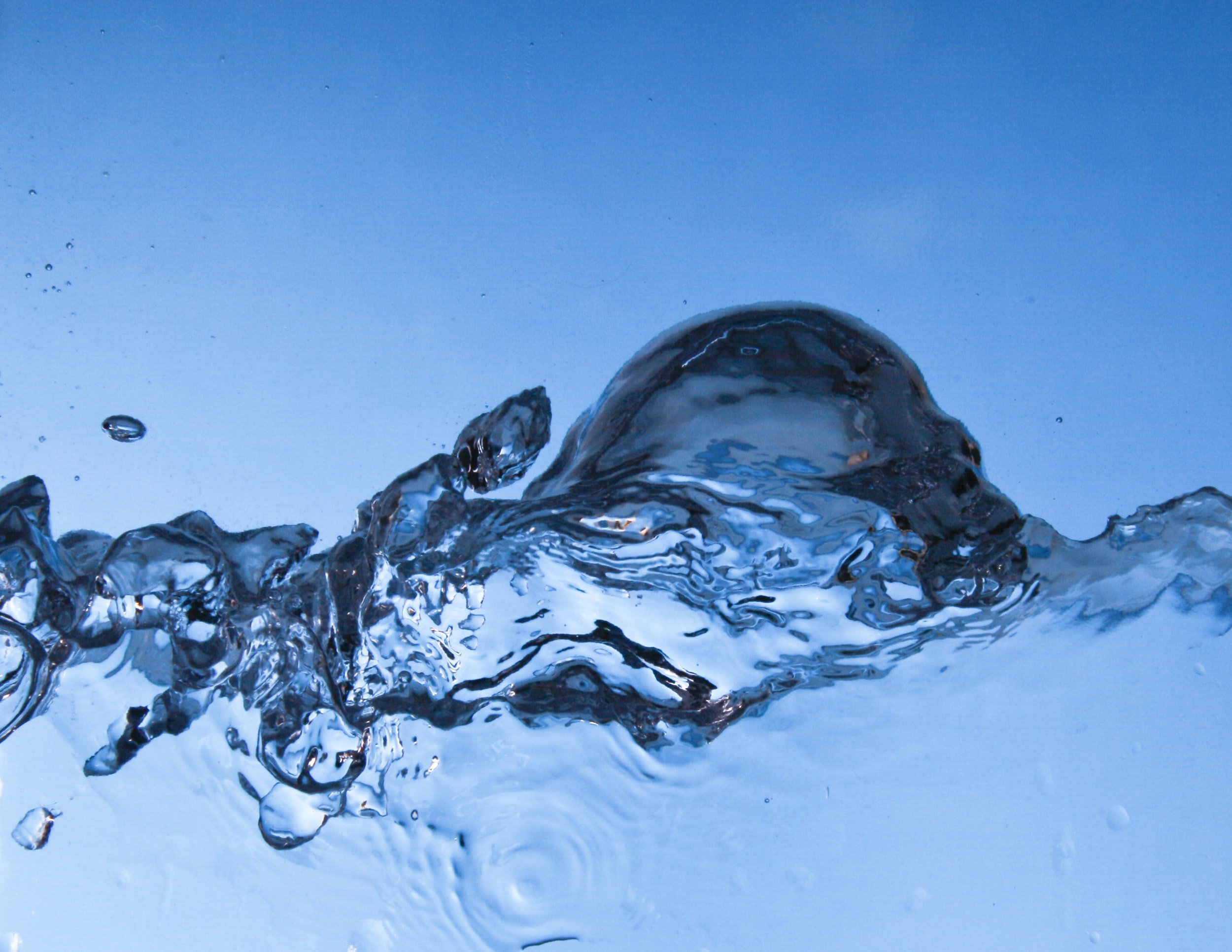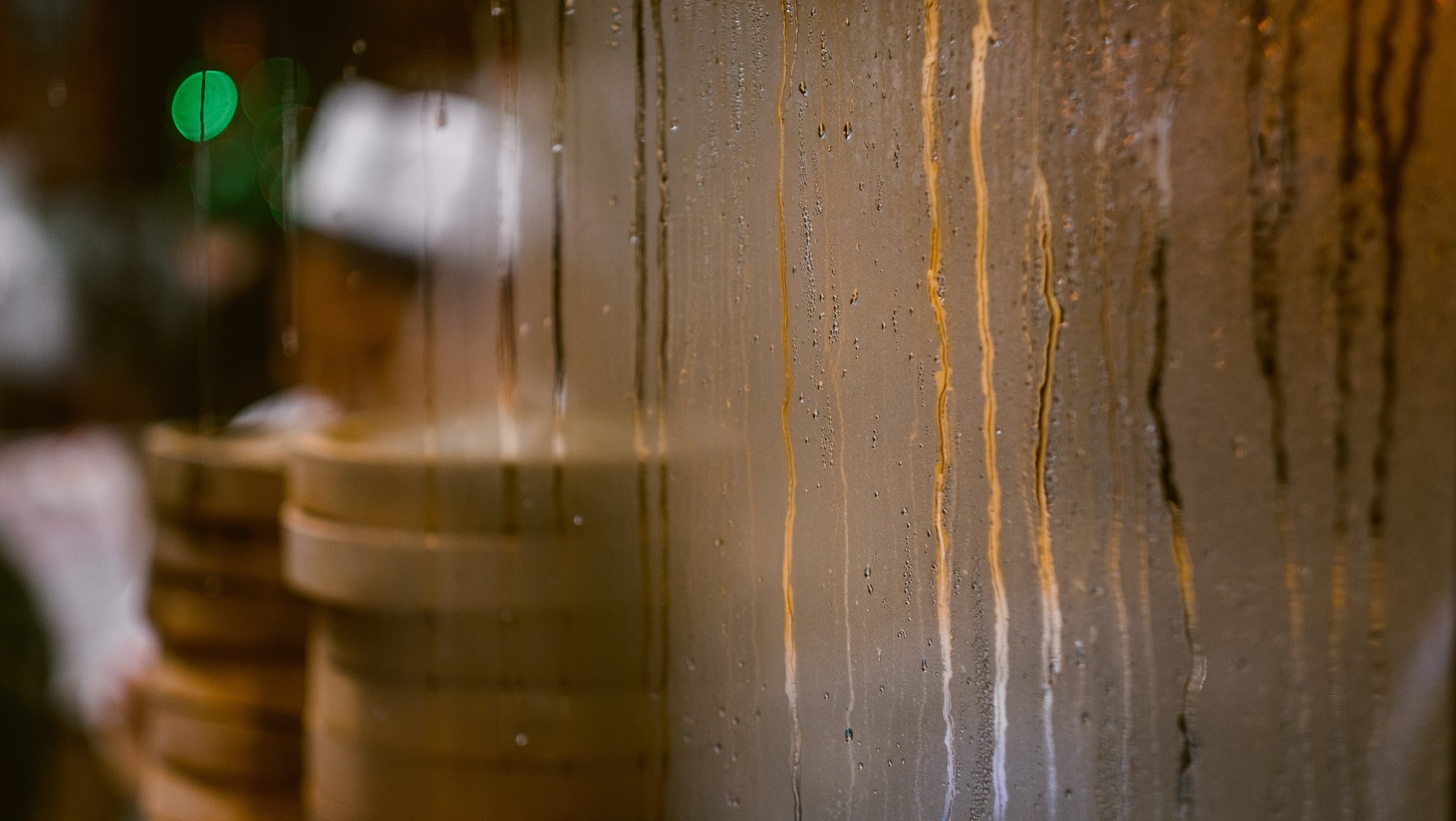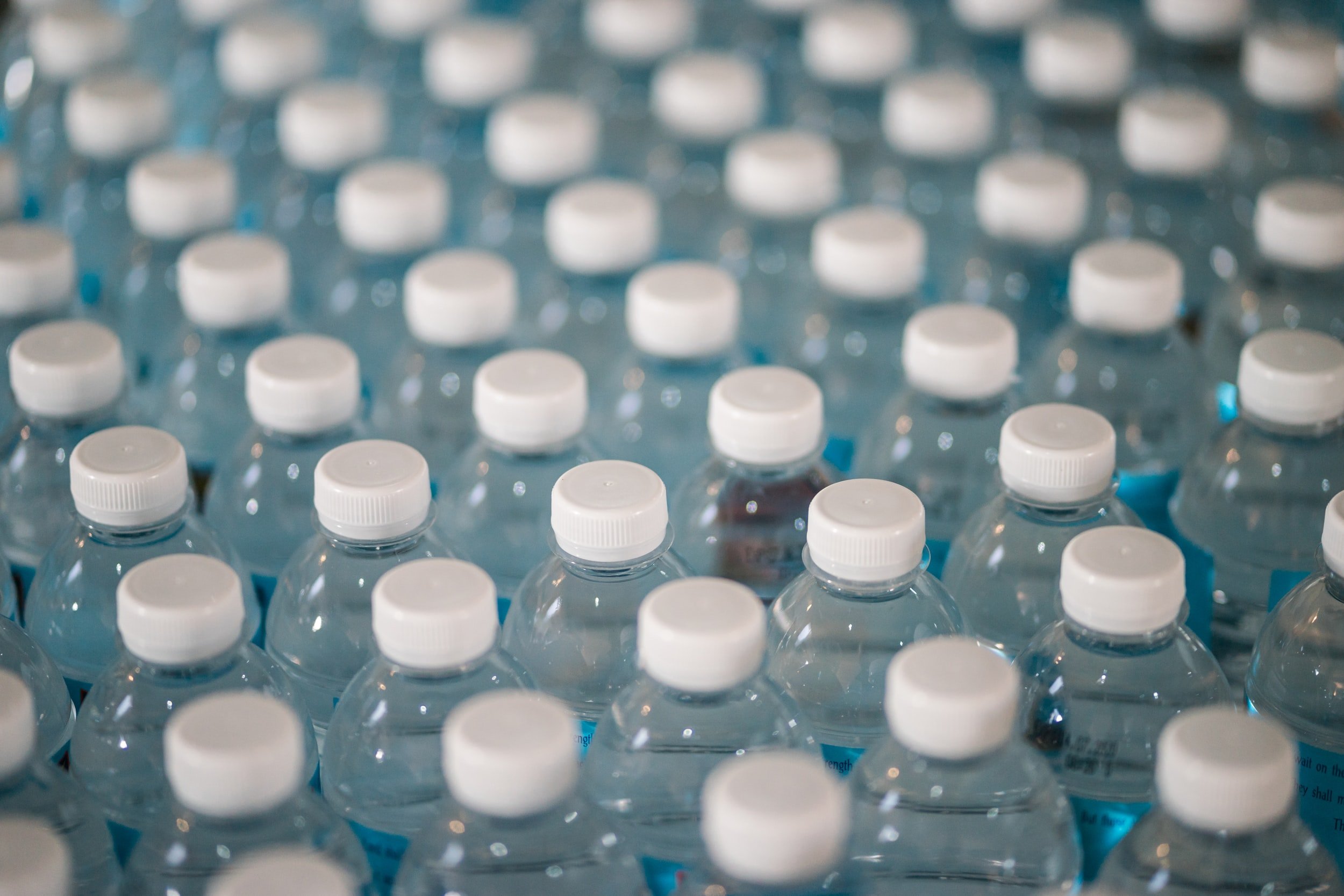Few subjects in life are as pedantically confounding as to why there seem to be so many types of water: from countless bottled brands, to the water that flows through your plumbing, to the minute differences between distilled water vs. purified water.
It seems like there’s a different type of water for everything. But what makes all these waters different? Isn’t it just water?
In this blog post, we’re going to clear up the conversation around distilled water vs purified water. The sections below will define these two types of water, as well as talk about noteworthy uses of each and a quick FAQ at the end.
Distilled Water vs Purified Water
The number of different waters on the market can feel overwhelming. Fortunately, the basic distinction is not that complex at all:
Distilled water iS A TYPE OF PURIFIED WATER MADE THROUGH DISTILLATION.
purified water is WATER THAT HAS BEEN MECHANICALLY FILTERED.
BOTH ARE SAFE TO DRINK.
read on to learn more:
Distilled Water Overview
DEFINITION: Distilled water is a type of purified water made through the distillation process.
HOW IT’S MADE: Distilled water is made through the process of distillation, which is fundamentally quite simple.
The basic process is that water is evaporated, leaving any minerals or impurities behind.
The evaporated water, the steam, is collected as it cools and condenses back to liquid. This newly condensed water is now distilled, and incredibly pure.
If you’re interested, you can even make distilled water at home.
Without special equipment, you won’t be able to make very much at a time, but it’s an easy enough process if you want some distilled water for a specific recipe, or if you want to conduct an easy science experiment with children.
Distilled water is made through evaporation to remove unwanted particles
USE: Natural and tap water contain a variety of minerals that give them their distinct taste. The process of distillation removes those minerals, resulting in very pure, non-reactive water. Distilled water has a variety of industrial applications:
Cleaning tools in a medical setting
Appropriate for lab experiments as it won’t react with anything
Useful for car cooling systems or automotive maintenance, as distilled water lacks the minerals that would normally corrode metal.
The purity of distilled water also makes it useful for a variety of home applications:
You can put it in your appliances, as it won’t leave any mineral buildup
It can be used to drink or mix with food for people with weak immune systems, like babies
Personal hygiene and washing
And of course, you can drink distilled water. However, if you’re used to drinking tap or bottled water, distilled water may taste thin or unusual because it lacks minerals like calcium, sodium, or magnesium, which occur in varying ratios in tap water. Also, if your tap water isn’t safe to drink, distilled water is a safe option.
Purified Water Overview
Most bottled water is advertised as purified water
DEFINITION: Purified water is water that has been filtered to remove undesirable particles. Typically, this means the water has been run through a mechanical filter, such as carbon blocks, as opposed to a chemical filter.
HOW IT’S MADE:
The three most popular ways of purifying water are as follows:
Carbon Filters - Activated carbon will pull contaminants out of your water by bonding to them. Carbon comes either in blocks or in a granulated form. The popular Brita Filters use this method to purify your water.
Reverse Osmosis - Reverse Osmosis filters often include a carbon filter, but they also pass the water through a semi-permeable membrane, which filters out any particles larger than a water molecule. The downside of these filters is they produce almost 5 times as much wastewater as they do clean water.
Water Softeners - Water Softeners “replace calcium and magnesium with sodium,” as well as elements like barium, which can help protect your piping. This method of filtration isn’t recommended for those with certain health conditions, such as if one needs to maintain a low-sodium diet.
USE: Purifying your water is a desirable step any homeowner can take to protect their plumbing or eliminate undesirable particles.
Filtration systems are commonplace, and there are a variety of different types to choose from based on your particular needs.
WaterSmart can assist you in assessing your home and advising you on what the right filtration system is for your circumstance.
Distilled water vs purified water FAQ
Q: Is distilled water safe to drink?
A: Yes, distilled water is safe to drink, as it is essentially pure water, like filtered water. However, because it is so pure, it lacks beneficial minerals that are often found in natural water. Therefore it may not be as healthy/beneficial as other waters, although it is completely safe.
Q: Distilled water vs purified water for cooking: which is better?
A: Neither water is meaningfully superior for cooking purposes, as both have been filtered, albeit in different ways. However, compared to spring water, distilled and purified water will bring less of a “water flavour” to your cooking.
Q: What type of water is the healthiest?
A: There is no “healthiest” water. But if you require more of a certain mineral, like calcium, in your diet, natural waters may serve you best. That being said, you can happily drink whatever type of water you prefer, as there are many other foods and drinks that provide the vitamins and minerals you need in a more effective way.
In Canada, the regulations surrounding tap water are similar to bottled water, and both should be safe to drink.
We can help figure out the best drinking water options for you.
If you’re interested in a water filtration system for your home, contact WaterSmart Systems & Plumbing today
“I had a softener and a RO installed 6 months ago. Professional and good at what they do. Had an issue with the RO draining, they came in and fixed the issue, diagnosed quickly and made a decision on what to do quickly. Wonderful company I highly recommend them.”







